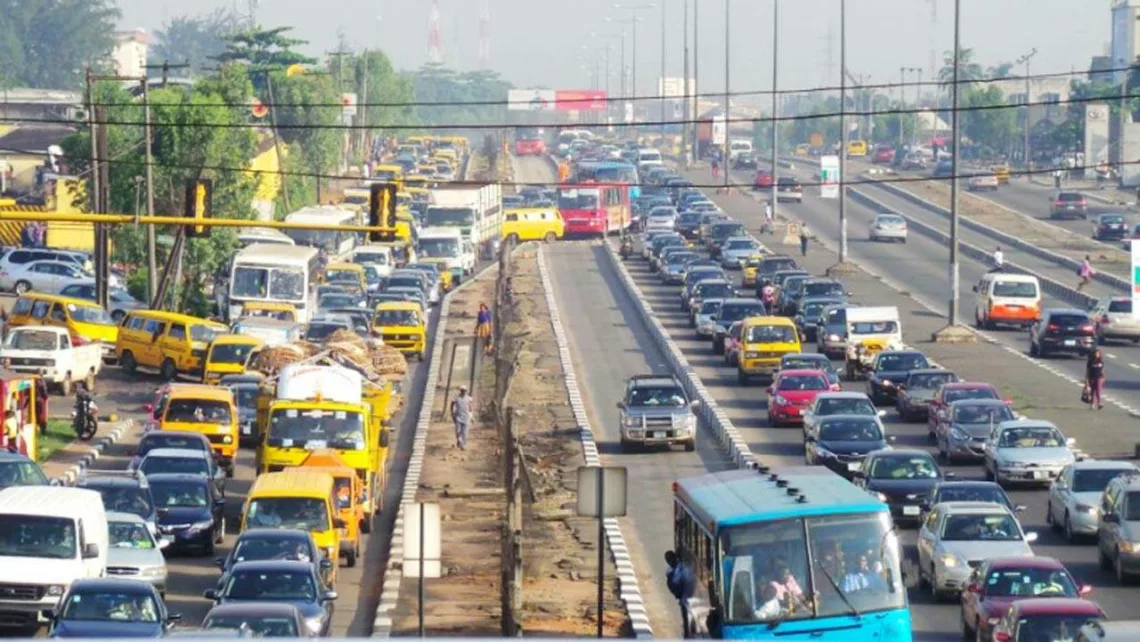Nigeria, as one of Africa’s largest economies, possesses immense potential for economic growth. However, this potential often encounters bottlenecks due to inadequate infrastructure, particularly in the realm of freight transportation. The movement of goods within and outside the country is fundamental to economic development, and thus, there is an urgent need to improve Nigeria’s freight transportation infrastructure to unlock its full economic potential.
Nigeria faces multifaceted challenges in its freight transportation system. Insufficient road infrastructure leads to congestion, delays, and increased transportation costs. The railway network, once robust, has suffered neglect, resulting in limited capacity and inefficiency. Furthermore, ports, crucial nodes in the freight transportation chain, suffer from congestion, outdated technology, and bureaucratic red tape, hampering smooth cargo movement.
The shortcomings in Nigeria’s freight transportation system have profound economic implications. High transportation costs inflate prices, making Nigerian goods less competitive in both domestic and international markets. Delays in transporting goods stifle supply chains, impacting industries reliant on timely inputs. Additionally, the lack of efficient transportation infrastructure discourages investment, hindering economic growth and job creation.
Improving Nigeria’s freight transportation infrastructure is imperative for several reasons. Firstly, it enhances competitiveness by reducing transportation costs and improving the reliability of supply chains. Secondly, it attracts investment by providing the necessary logistical support for businesses. Thirdly, it stimulates economic activity by facilitating the movement of goods and fostering trade both domestically and internationally.
To address the challenges in Nigeria’s freight transportation, a multifaceted approach is required: Investment in Infrastructure: Significant investment is needed to upgrade roads, rehabilitate railways, and modernize ports. This investment should focus on expanding capacity, enhancing efficiency, and integrating different modes of transportation.
Regulatory Reforms: Streamlining regulations and reducing bureaucratic hurdles can expedite cargo clearance processes at ports and borders, reducing delays and improving efficiency.
Private Sector Participation: Encouraging private sector participation in infrastructure development and operation can bring in expertise, innovation, and capital, enhancing the efficiency and effectiveness of freight transportation.
Technology Integration: Embracing technology such as GPS tracking, electronic documentation, and automated systems can improve the visibility and management of cargo, reducing transit times and enhancing overall efficiency.
Capacity Building: Investing in training and skill development for transportation personnel can enhance their capabilities in managing modern transportation systems, improving overall service quality.
The benefits of improving Nigeria’s freight transportation infrastructure are manifold. Enhanced infrastructure will reduce transportation costs, making Nigerian goods more competitive both locally and internationally. It will attract investment, stimulate economic growth, and create employment opportunities. Moreover, efficient freight transportation will facilitate the integration of Nigeria into global value chains, further enhancing its economic prospects.
Improving Nigeria’s freight transportation infrastructure is not merely a matter of convenience; it is a strategic imperative for economic development. By addressing the deficiencies in its transportation network, Nigeria can unlock its full economic potential, stimulate growth, and improve the standard of living for its citizens. The time for action is now, and concerted efforts from both the public and private sectors are essential to realize this vision of a more prosperous Nigeria.





